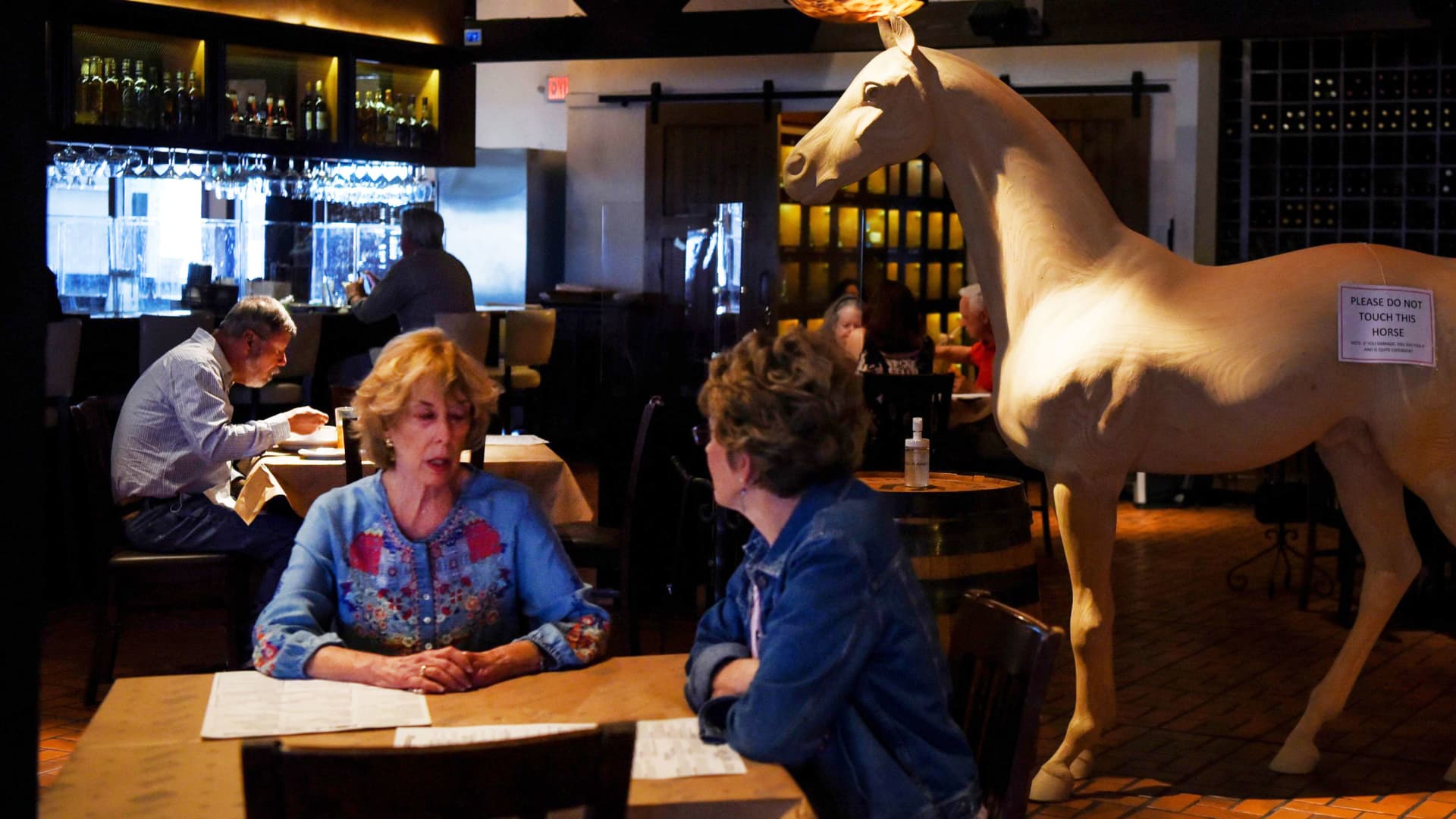Turbo
Well-Known Member
Just heard a report that we are 2 to 4 weeks depending on your state for when vaccine supply outstripes demand.
Once we hit this point, we have a long and hard road ahead to get vaccinations to the level needed for herd immunity. The people remaining to be vaccinated will be very difficult to convince to get vaccinated. For example, every Republican I know from my own family will absolutely not get the shot. There is no reasoning with them.
Like more supply than demand? Damn... wish we were in that boat!
The authorities here just approved the Astra Zeneca to over 45's (that one is available separately from the others because they want to give people the opportunity to make an informed choice). Basically, that's the least desirable vaccine right now. But that also means I'm finally eligible and I want one (because I can do math). Anyway, I tried to get an appointment but the slots flew away before I got up (and I get up early).... hopefully more space opens up in a few days.
Currently, Pfizer and Moderna is restricted to people above 60, health care, essential workers and people with serious aggravating factors.
And we're all on a 16 week schedule for 2 doses, because why the fuck not (though that may pay off in the long run in terms of longer lasting immunity, but that is theoretical).
Last edited:




